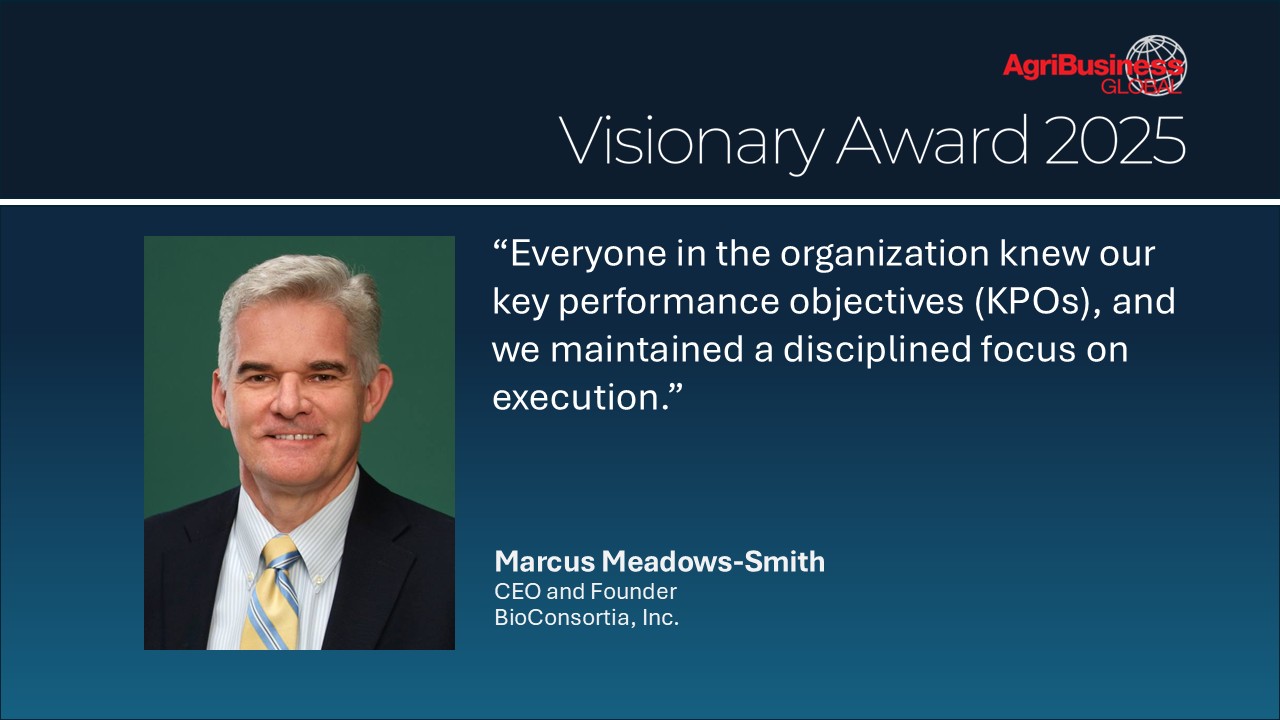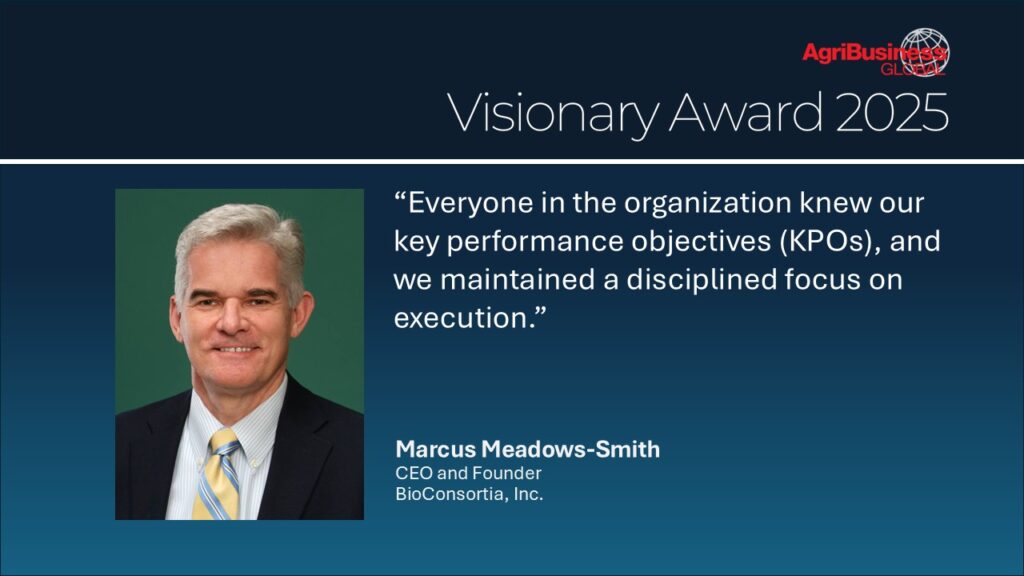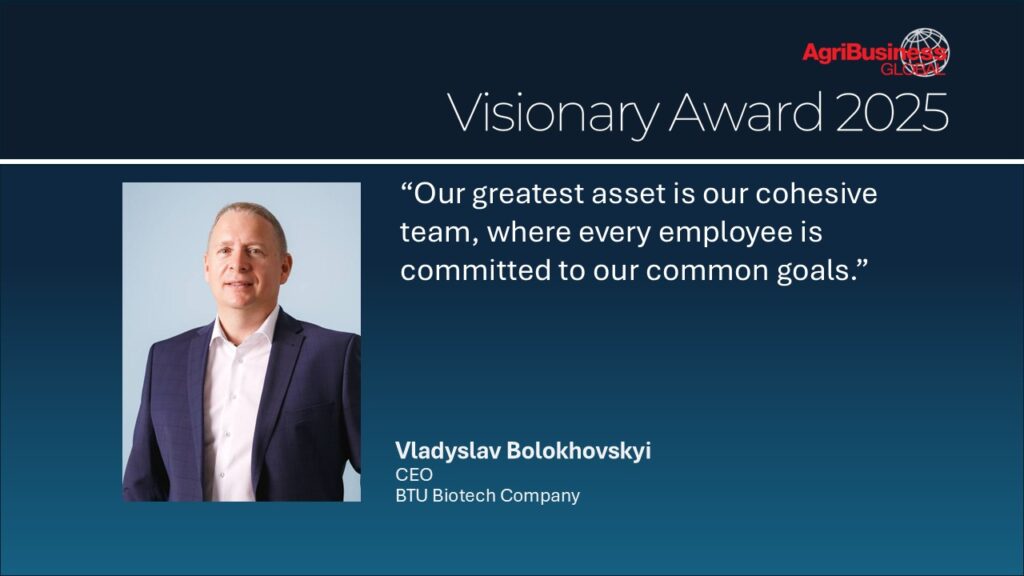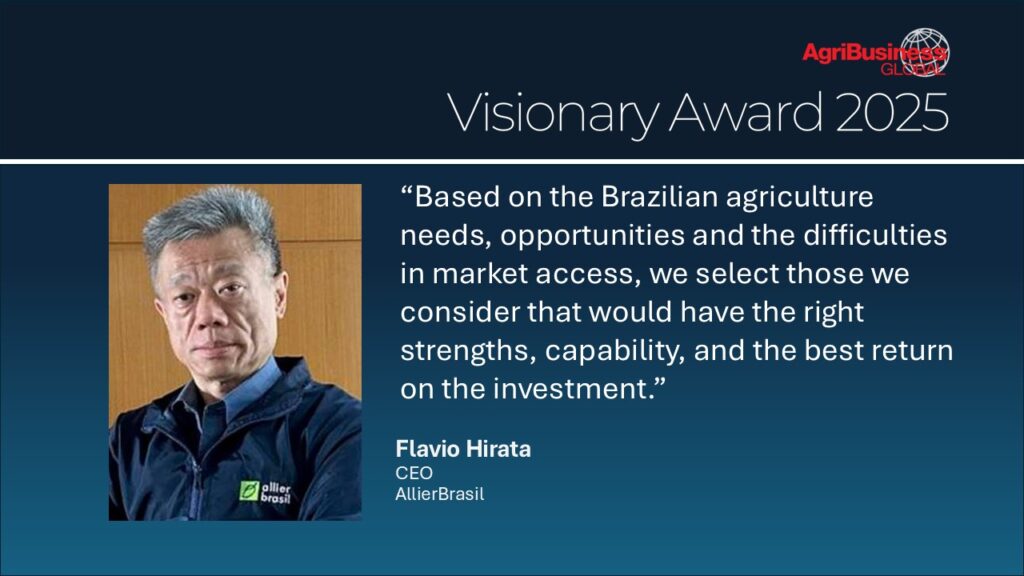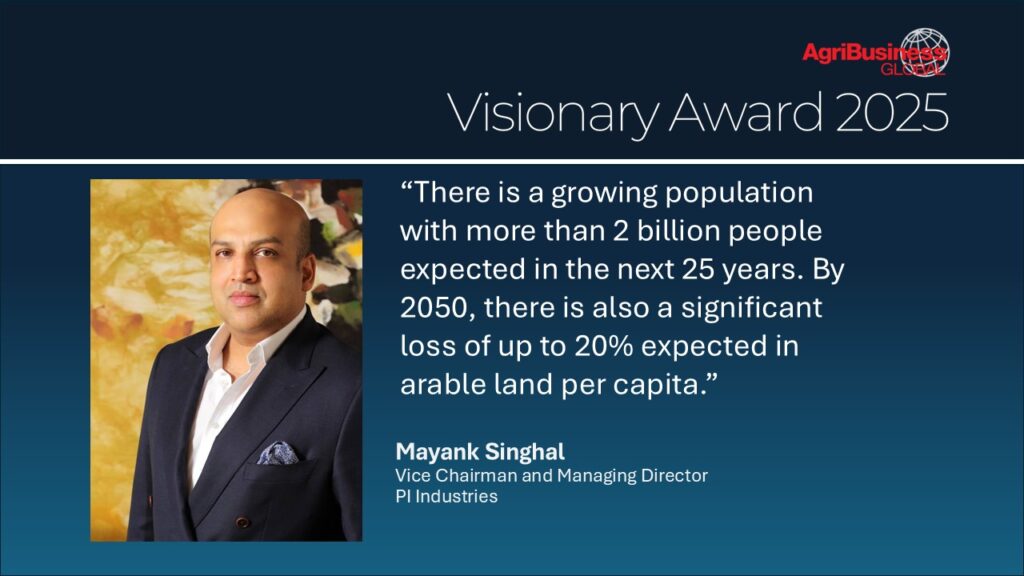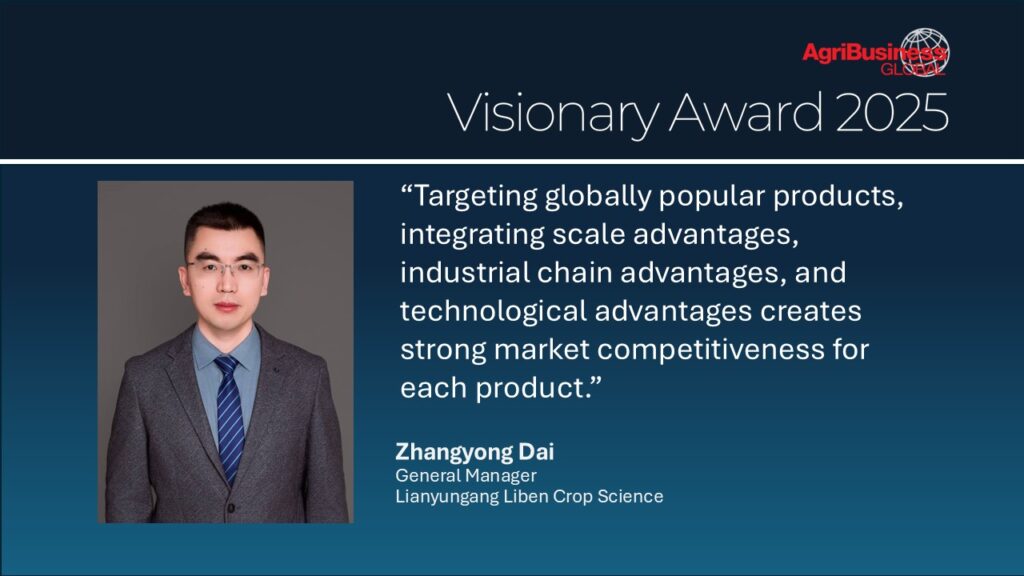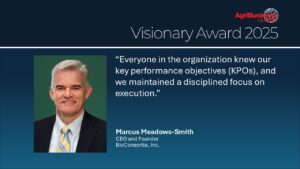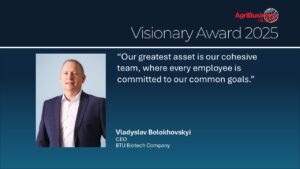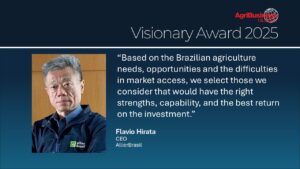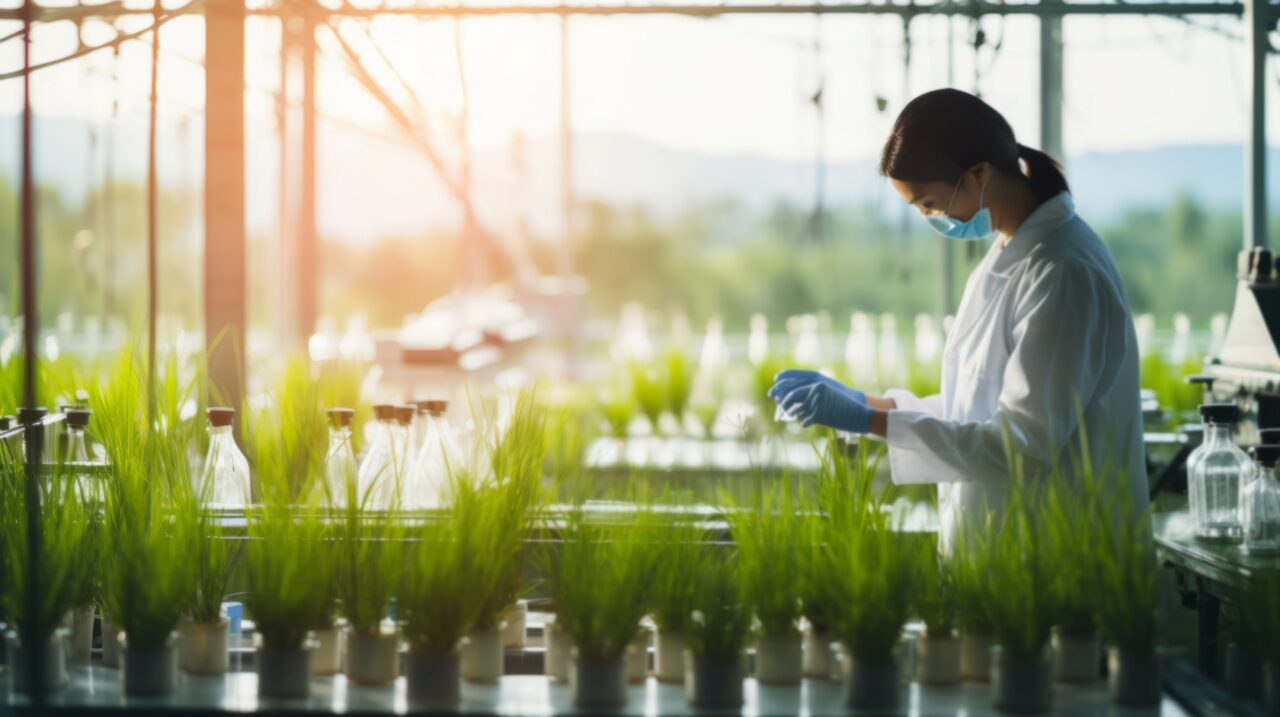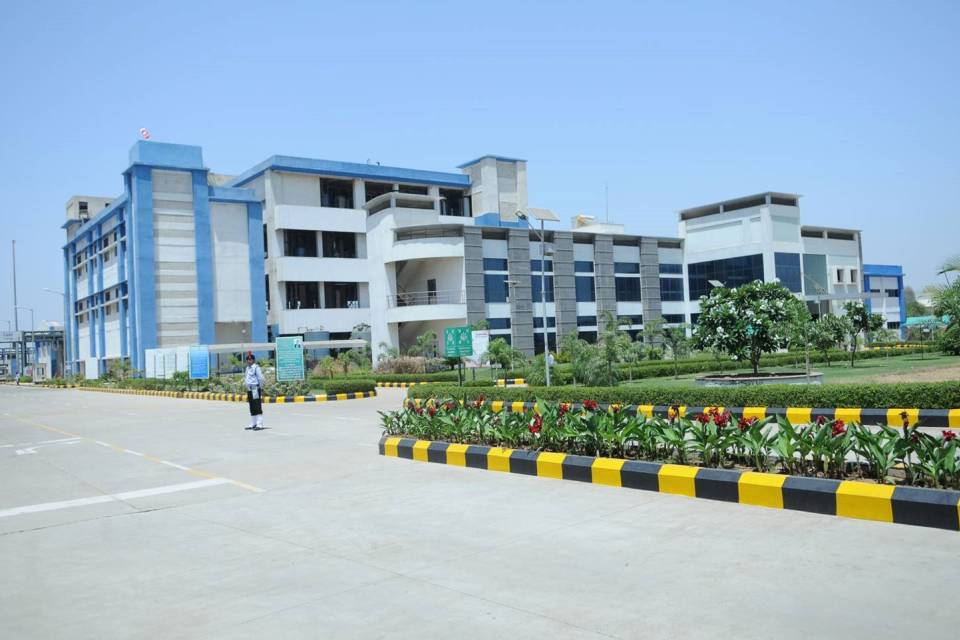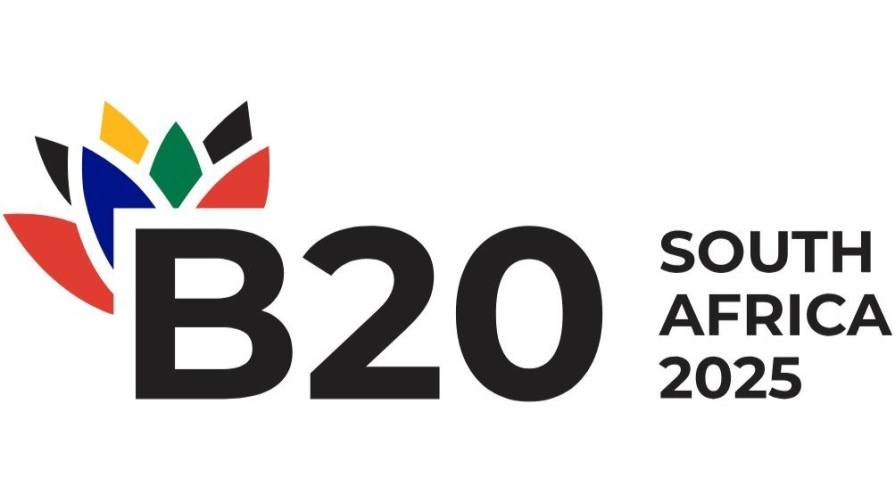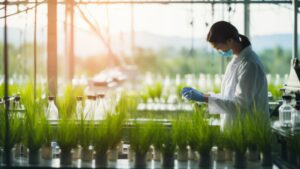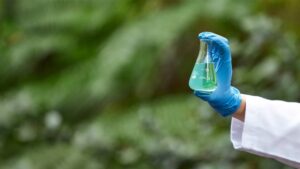Meet the AgriBusiness Global Visionary Leaders for 2025 (Part 2)
This is part two of a four-part series, as AgriBusiness Global continues to honor the 20 selected AgriBusiness Global 2025 Visionary Leaders from the crop protection, plant health, biological, and ag tech industries. Nominated by our readers, these leaders exemplify foresight, flexibility, and innovation with the ability to see changes in the market and lead others to success through strategic thinking.
ABG interviewed each leader to learn more about their business philosophies, strategies, and how they accomplish making their vision a reality. Below we profile Marcus Meadows-Smith (BioConsortia, Inc.), Vladyslav Bolokhovskyi (BTU Biotech Company), Flavio Hirata (AllierBrasil), Mayank Singhal (PI Industries), and Zhangyong Dai (Lianyungang Liben Crop Science). View Part 1 of our Visionary profiles here.
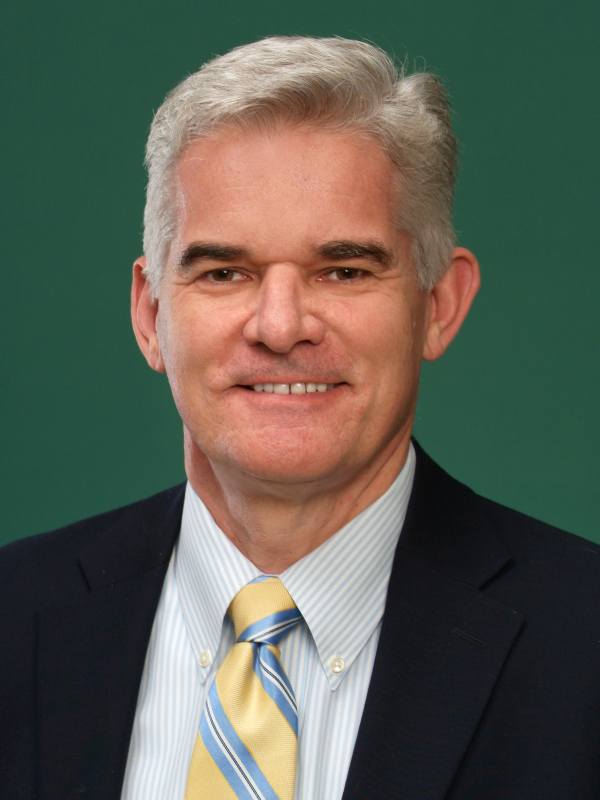
Marcus Meadows-Smith
Marcus Meadows-Smith
CEO and Founder
BioConsortia, Inc.
Meadows-Smith motivation is to feed the greatest number of people. After leaving a synthetic crop protection company, he went into running AgraQuest, a biologicals company. After selling the company to Bayer, he started BioConsortia, Inc., in Davis, Calif., to lead a team of scientists in a process called Advanced Microbial Selection (AMS). Finding products to increase yields, benefit soil, and the future of agriculture, Meadows-Smith lead his company through funding challenges and other hinderances. He shares with us how he set his company up for success.
ABG: After you decided to pursue biologicals, how did you go about making that happen and what three practices did you put into place to make your company successful?
Marcus Meadows-Smith: In 2008, I transitioned from leading a $2 billion specialty chemicals business—including synthetic pesticides—to running AgraQuest, a $10 million, financially stressed biologicals company. At that time, the global biologicals market was just $700 million, primarily focused on the organic sector and often positioned in opposition to Big Ag and synthetic pesticides.
Our goal was to shift this dynamic by demonstrating that biologicals could complement synthetic pesticides rather than compete against them. The concept of partnership between Big Ag chemical companies and biological producers was quite revolutionary at the time, as these two worlds were very much at odds. However, we understood that in order to feed a growing world population, we will continue to need good synthetic chemical products for crop protection, and to help the environment and meet consumer demands for reduced chemical residues, efficacious biological products would need to be integrated into the crop protection programs of conventional growers.
To make AgraQuest successful, we implemented three key practices:
- Strategic Industry Integration – Rather than maintaining an adversarial stance with Big Ag, we focused on demonstrating how biologicals could be integrated into conventional agriculture. We positioned biologicals as essential tools for reducing pesticide residues, managing resistance in pests, increasing yields, and replacing banned synthetic products. By fostering partnerships and signing deals with major companies like BASF, Monsanto, DuPont, Bayer, and Pfizer, we built credibility and expanded our reach.
- Focused Execution on Core Strengths – Instead of trying to tackle too many things at once, we streamlined our approach to mastering six key areas to become the leading microbial R&D company of its time. We became known for delivering high-quality, effective solutions, which allowed us to grow revenue at a 30% compound annual growth rate (CAGR) and move from financial distress to profitability.
- Clear Strategy and Organizational Alignment – We developed a concise, winning strategy that was well understood both internally and externally. Everyone in the organization knew our key performance objectives (KPOs), and we maintained a disciplined focus on execution. If an opportunity didn’t align with our strategy, we didn’t pursue it—even if it could have been profitable in the short term.
These practices enabled us to change industry perceptions of biologicals, transforming them into a critical tool for conventional growers and a must-have for pesticide manufacturers. In just four years, AgraQuest went from financial distress to around $450 million acquisition by Bayer CropScience. The acquisition of AgraQuest by Bayer CropScience set off a new era of Big Ag company acquisitions of biological producers and heavy investment in the biological R&D and new product development. Today, AgraQuest’s flagship biofungicide, Serenade, generates more than $200 million annually for Bayer, and the biologicals market has grown to $12 billion, proving the lasting impact of our strategic transformation.
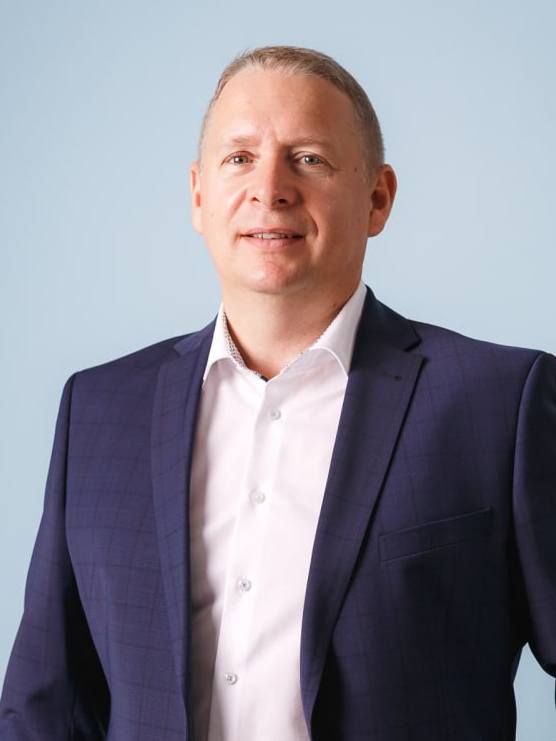
Vladyslav Bolokhovskyi
Vladyslav Bolokhovskyi
For 26 years, Bolokhovskyi worked to transform a small family-run venture into one of the world’s leading biological manufacturers, navigating BTU Biotech Company through economic downturns, supply chain disruptions, and even wartime conditions in Ukraine, ensuring not only survival but expansion. He oversaw the development of new production facilities, the launch of an office in Germany to support European market entry, and the registration of BTU products across multiple countries.
ABG: How did you grow a family run company to a global biologicals manufacturer during economic downturns and wartime? How did you keep your vision for success?
Vladyslav Bolokhovskyi: The successful development of BTU in Ukraine and globally, even in turbulent times, is the result of hard work, a systematic approach, ongoing research, and belief in our product.
During our 26 years of operation, we have navigated through multiple crises, and each time we emerged from these challenges, we gained invaluable experience that strengthened our company.
Our greatest asset is our cohesive team, where every employee is committed to our common goals. We are dedicated to advancing microbiology in the agri-sector and upholding our mission to keep the earth vibrant. This team enthusiasm, combined with professionalism, enables us to maintain our leadership position and make breakthroughs during crises.
The pandemic and the war posed significant challenges, but our company quickly adapted, exploring new paths for growth.
The international expansion that began back in 2017 has also played an important role in the resilience and growth of our company, particularly in 2022, at the onset of Russia’s full-scale invasion when support from our international partners became critically important.
BTU’s future success depends on our commitment to continuous development, entrance into new markets, and the establishment of strong, long-term relationships with our partners.
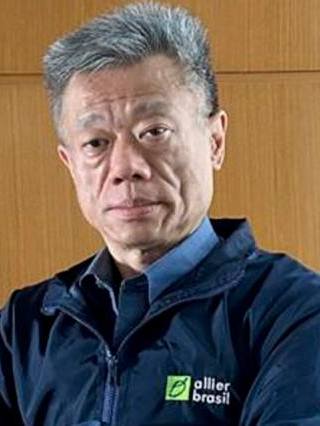
Flavio Hirata
Flavio Hirata
CEO
AllierBrasil
Hirata is long-standing leader in agribusiness for Brazil in helping foreign companies find their place in the Latin American agricultural producing powerhouse. He has helped to build stable supply chains for the Brazilian grower and crop protection companies by promoting Brazilian agribusiness and partnerships with Brazilian and foreign companies. AgriBusiness Global asked Hirata to share his insights into how to build successful partnerships.
ABG: How do you select partners to promote agribusiness in Brazil and outside of the country?
Flavio Hirata: AllierBrasil has been promoting agribusiness in China, India, Japan, South Korea, Americas and Europe in the past 25 years.
Since then, we have received more than 15,000 demands for information, quotations, speeches, articles, interviews, and partnerships from different agribusiness sectors. We built a big database and connections with the ag industry in Brazil and all over the world. These demands are a good parameter to understand the needs per sector and companies.
On the other hand, there are a great number of players, big and small, local and foreigners, from whom there are no demands, and neither information about their foreigner’s interest in the Brazilian market, although most of them are eager to improve businesses and sales.
Thus, based on the Brazilian agriculture needs, opportunities and the difficulties in market access, we select those we consider that would have the right strengths, capability, and the best return on the investment, to promote agribusiness.
Indeed, this match has been successful since the most relevant players that have entered Brazil as from the beginning of 2000s, which have added significant results to their headquarters, have been assisted by AllierBrasil.
I would like to illustrate this with the history about Brazil-China. In 1999, when I first visited China, the Chinese had no knowledge about Brazil, which, at the time, was considered the “future of agriculture.” They showed no interest in the possibility of trading based on “China-pesticides and Brazil-grains.” After 25 years of hard work, Chinese companies are the predominant pesticide suppliers for Brazil. At that time, we had selected China to promote agribusiness.
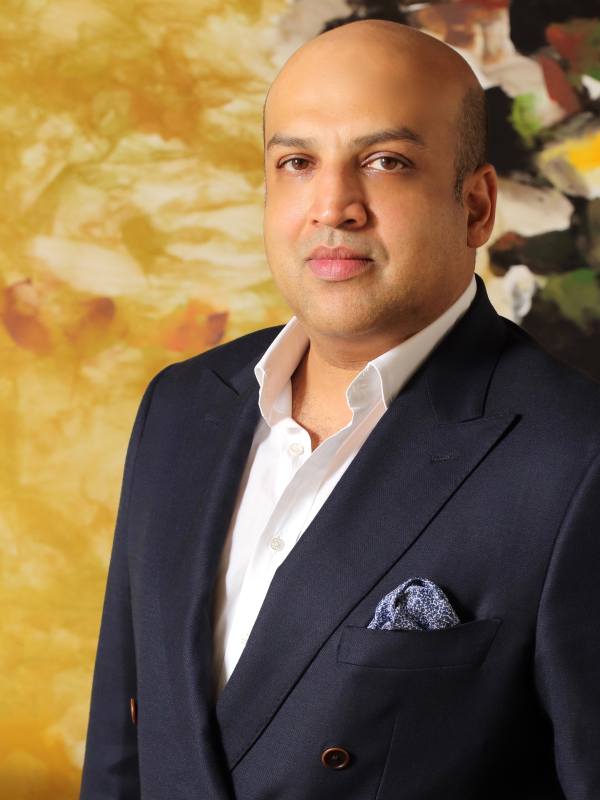
Mayank Singhal
Mayank Singhal
Vice Chairman and Managing Director
PI Industries
Singhal has a knack of anticipating change and strategizing for it. He led his company into the custom synthesis and manufacturing (CSM) business, catering to global agri-chem companies, ensuring the company provided intellectual property protection and high-quality production. In a rapidly changing market, Singhal pivoted PI Industries toward high-value, patented molecules, avoiding commodity-based business models to ensure the company stays ahead of the curve. AgriBusiness Global asked him what motivated him to choose the current path his company is on.
ABG: When you envisioned moving your company forward, why did you focus on creating new molecules, intellectual property protection, and high-quality production?
Mayank Singhal: There were a few reasons for this strategy that include the rising global population, and megatrends underpin sustainable growth of food, fiber and fuel. There is a growing population with an expected more than 2 billion people in the next 25 years. By 2050, there is also a significant loss of up to 20% expected in arable land per capita.
For climate change, there is a 10% to 25% potential reduction in crop yields in key regions from ~2o C increase in global temperature, and up to 40% of crop production is lost globally due to pest incidence.
In addition, there is rising demand for biofuels, which is fueling demand for higher crop production.
To meet these challenges head-on, PI invested heavily in R&D, upward of US $100 million till date, over the last decade to create new innovative molecules. This has led to PI making a mark as the only agchem manufacturer in India to have an indigenously developed patented molecule for the global market with pioxaniliprole.
We are harnessing our competencies on innovative and advanced technologies and capabilities to scale products that are substantially different from what’s available. Our entire agchem business model is built on the principles of respect for intellectual property, because it’s the only way to protect and encourage investment into new products and technologies.
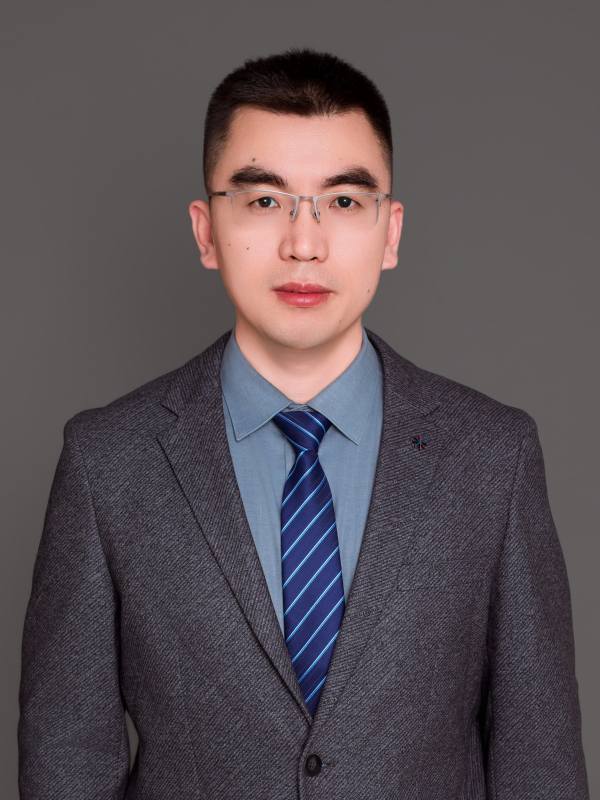
Zhangyong Dai
Zhangyong Dai
General Manager
Lianyungang Liben Crop Science
During the pandemic and policy control period, Dai led his company to ensure safe production and provide a stable supply to global customers, with no supply shortages. His vision for his company is to practice sustainable development and carbon emission reduction, specifically, at the Liben’s subsidiary Inner Mongolia Miraculous Crop Science Co.,Ltd, where green electricity reduces production costs and promotes carbon reduction efforts. AgriBusiness Global asked Dai how he plans to increase productivity while also pursuing sustainability.
ABG: How have you kept your company meeting sustainable requirements and continuing to be profitable? How do you cast this vision to your employees?
Zhangyong Dai: The company leverages resource advantages, relies on raw pesticide production, and aims to build a formulation flagship.
It targets globally popular products, integrating scale advantages, industrial chain advantages, and technological advantages to create strong market competitiveness for each product, driving the company’s rapid development.
“Rooted in agriculture, acting with authenticity, practical innovation, pursuing excellence” — this is the company’s development philosophy, corporate culture, and the core value embraced by every Liben employee.

